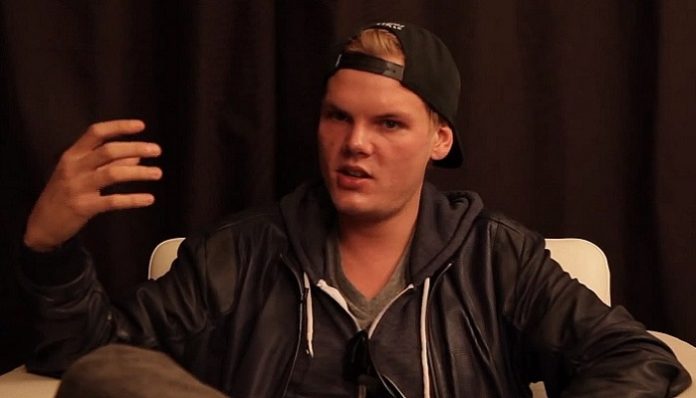
Too often we find ourselves envious of the fame and fortune of our favorite actors, musicians, or “famous” people. Their lives seem so glitzy and they have all these incredible experiences. It’s the life we all want (for the most part).
What we fail to realize or reconcile is the toll their fame takes on them. The hectic schedules they have, the lack of routine, the late nights, early mornings, and constant threat of paparazzi. That doesn’t even account for the inner turmoil they may have whether it be trauma from previous life experiences, or health issues we’re not privy to.
On April 20th, 2018 world famous DJ Avicii (born Tim Bergling) was found dead in his hotel in the country of Oman. To say his death was shocking would be an understatement. Even though Avicii had ceased touring in 2016 and had revealed that he suffered from acute pancreatitis in 2014, he was still making music. His music reached more than just the electronic dance music community, as his songs transcended into mainstream airwaves and he became a household name.
When it was released that Avicii had taken his own life in very gruesome detail ala 13 Reasons Why, it raised a bigger question: were there signs that his friends and family missed that could have prevented this meaningless death?
The conversation surrounding mental health continues to grow and get louder and louder as more people, of both prominence and of everyday life, speak up and out about mental health. Before President Barack Obama left office, he signed into law the “21st Century Cures Act” as a means to continue efforts on a national scale to address and focus on mental health issues in a serious manner.
According to the National Alliance of Mental Illness, 1 in 5 adults in the United States experience mental illness in a year (as of 2015). Furthermore, suicide is the 10th leading cause of death in the United States (as of 2015). If unchecked, mental health issues can lead to a variety of chronic illnesses and unfortunately suicide.
We look at celebrities who have taken their own lives because they couldn’t go on anymore. One of the saddest example is Robin Williams who tragically took his own life in 2014. When it was revealed that he suffered from depression, our hearts collectively sunk. Too often we don’t know the pain and anguish and suffering people go through on a daily basis, and we only find out, after it’s too late.
From Chester Bennington to Chris Cornell and Kurt Cobain, multiple celebrities and notable individuals have each taken their own life for one reason or another. It’s only after their passing are we saddened to learn of the burden of their pain and suffering. We mourn, we pay tribute and we sadly await the next celebrity death.
Mental health is a silent but deadly killer. It takes people from us without us often ever knowing. Too often we’re focused on our own lives to ask the important questions. We’ve also made it a habit to make people who do suffer from mental health issues feel less than, because they’re not “normal.”
We look at a person like Kanye West or Donald Trump who we deem “crazy” or “bipolar” without truly knowing if they are in fact suffering from a mental health issue. As a society, we’re quick to pass judgment on someone who acts out of the ordinary and by doing so, we’re continuing to stigmatize mental health and make people who are suffering less likely to speak up and out about what they’re suffering from.
We have to do better. According to MentalHealth.gov, if we think that a friend or a loved one is experiencing mental anguish or considering thoughts of self harm, there are a variety of steps we can take, the first one being is to be supportive and expressing concern. If we don’t let people know that we’re there for them and we make them feel isolated, that can only exacerbate the situation.
Often times the hardest things in life are exactly that, but instead of walking away from it or brushing it under the rug, we have to tackle it head first. We need to be kind to one another, be more understanding of one another, and most important, remember we’re all human beings. Treat others how you would want to be treated. It’s that simple.
If you or a loved one are thinking about suicide, call the National Suicide Prevention at 1-800-273-8255.
Featured image via GlobalGrindTV / CC BY


















